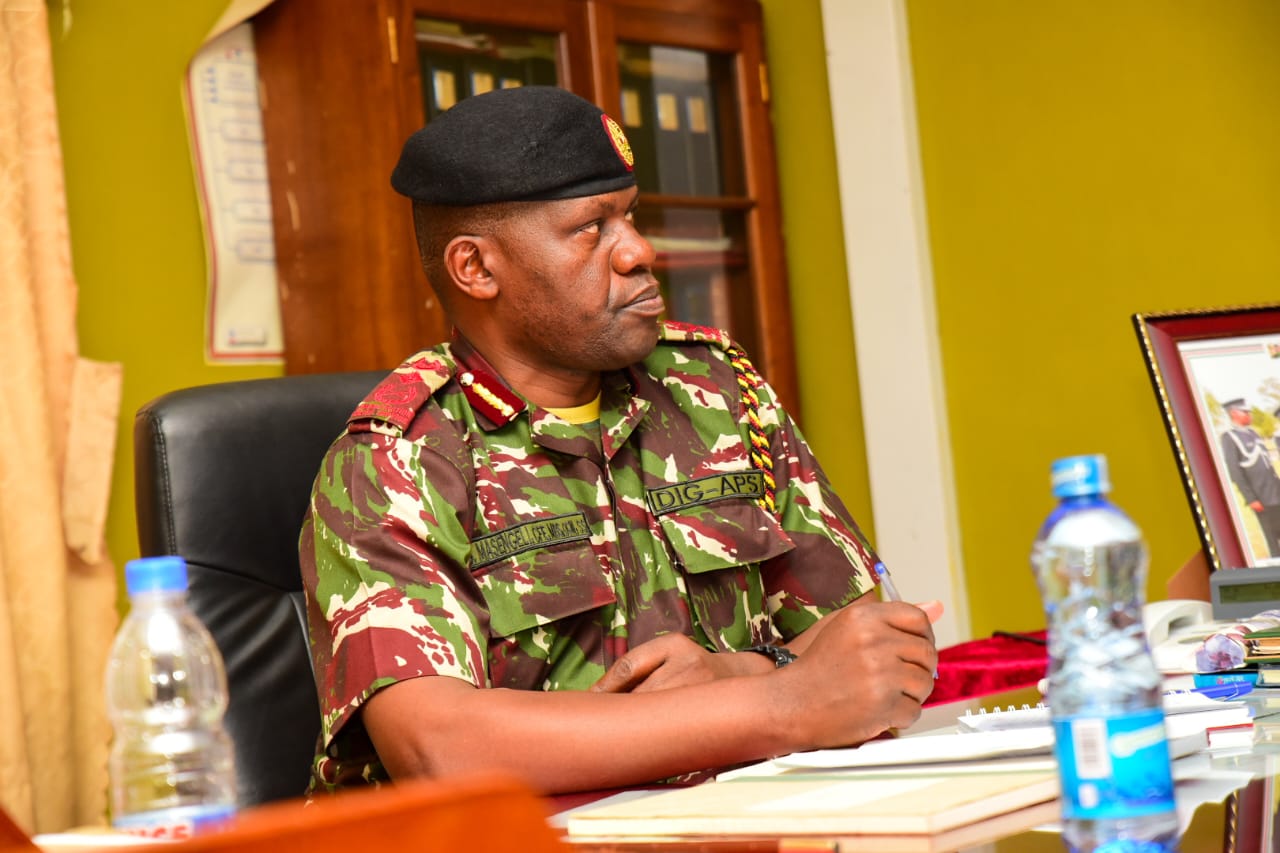The Acting Inspector General of Police Gilbert Masengeli has commended Central Region police commanders for their relentless efforts in combating the production and consumption of illicit brew.
Masenegeli underscored the importance of maintaining multi-agency collaboration with the National Government Administrative Officers (NGAO) to eradicate the menace.
He urged them to continue working closely with other security teams and the public to ensure the safety and well-being of the communities they serve.
His sentiments were echoed by the Deputy IG, KPS Eliud Lagat who reiterated his commitment to improving service delivery at police stations.
He described police stations as the primary points of contact between the police and the public.
The meeting was also attended by other senior officers, including Commandant Kiganjo Nyale Munga, KPS Director of Logistics Peter Ndung’u, NPS Spokesperson Dr. Resila Onyango, and Deputy Director of Operations KPS David Mburukwa.
The consumption of illicit brews has plagued the central region for years with the lethal concoctions has leading to numerous deaths and severe health complications.
Deputy President Rigathi Gachagua has been spearheading the efforts to eliminate the consumption of illicit alcohol and drugs.
In a high-level multi-agency meeting held at the Official Residence in Karen on August 1, Gachagua outlined government’s directives aimed at eradicatingg the scourge of illicit alcohol, drugs, and substance abuse.
Since March 2024, law enforcement agencies have ramped up their efforts, conducting 65,488 raids on liquor outlets across the country.
According to Principal Secretary Raymond Omollo, the operations have led to the arrest of 30,675 individuals and the seizure of substantial quantities of illicit substances.
As of June 30, 2024, the operations had confiscated 358,000 liters of chang’aa, 2.7 million liters of kang’ara, 8,000 liters of ethanol, and 389 shisha bongs.





